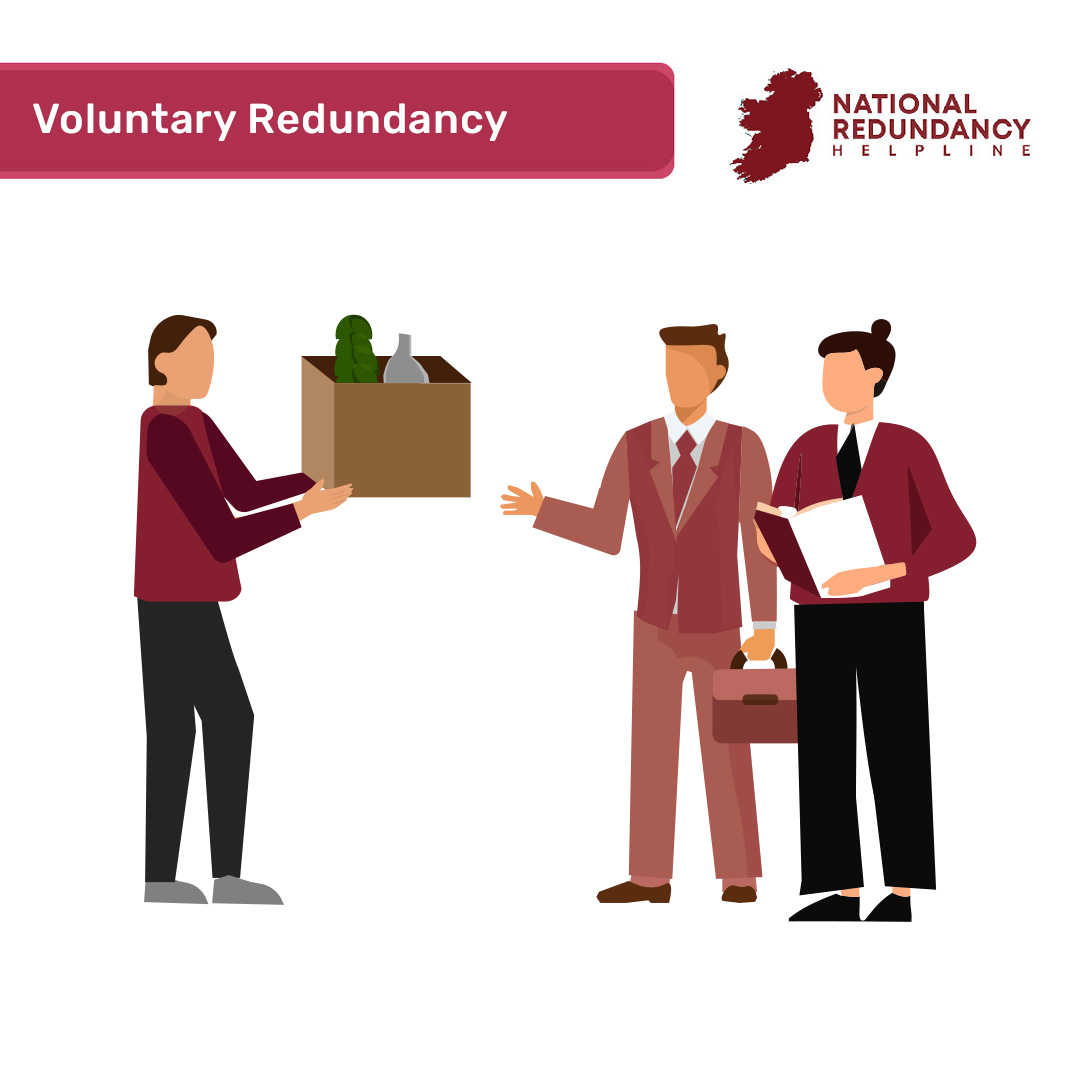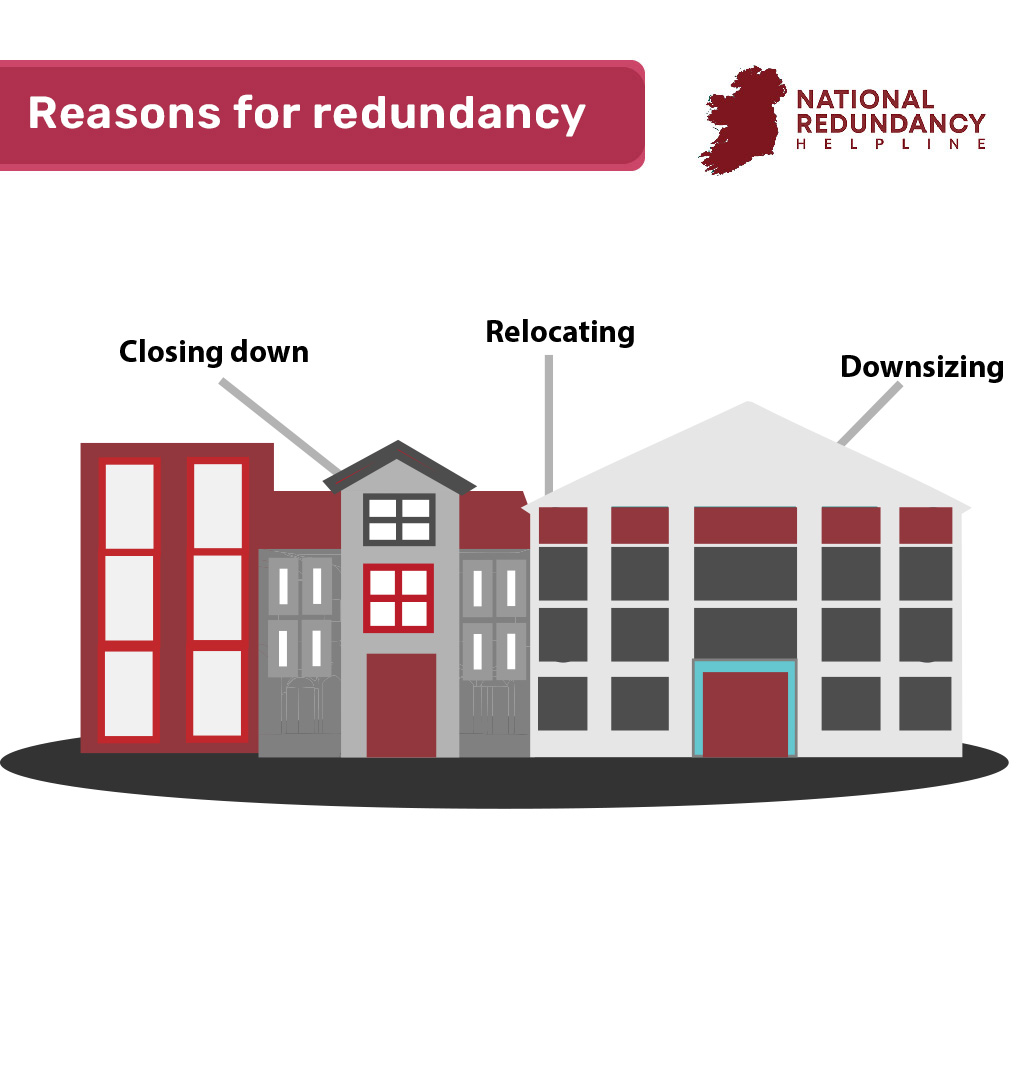Redundancy can be a process that is often unexpected and can leave people wondering what to do. When it comes to redundancy situations, sometimes it is best to get the advice of an expert.
At the National Redundancy Helpline, we have a team of experienced experts who can help you through any issues you may have. Our services extend through various types of redundancy, including voluntary redundancy.
This means if you have any redundancy needs or queries, our team will be happy today. Simply get in touch today and we can work towards a solution for you.

What is voluntary redundancy?
Voluntary redundancy is when an employer offers you a financial payment for the option to leave your job role. This can be a common situation when a company is downsizing or restructuring.
Voluntary redundancy means that your employee is giving you the option to resign with your own free will, as opposed to being made redundant.
Why does redundancy happen?
Redundancy occurs when job roles in an organisation are terminated. Redundancy does not occur when an employee’s contract is terminated and they are replaced.
A job role must cease to exist in order to receive redundancy payments. This occurs when:
- A company is closing down
- A company is downsizing
- A company is relocating

Benefits of voluntary redundancy
When you are made redundant from your job, you will be entitled to your statutory redundancy pay. However, if you opt for voluntary redundancy, you will also receive a voluntary redundancy package in addition to your statutory payment.
There is not a set amount you will receive for your voluntary redundancy payment. This is going to be set by your employer and will likely depend on your role and the length of service you have provided for the company.
Who qualifies for redundancy pay?
In order to qualify for redundancy payment, you must meet the following criteria:
- Aged 16 or over
- 104 weeks of continuous employment
- Be an employed contributor in employment, insurable for all benefits
Who is best suited for voluntary redundancy?
Voluntary redundancy will suit those in long-term employment or senior employees. Employers are likely to give larger packages to those who have served companies for a long time.
Those who are looking for new jobs or career paths would also benefit significantly from voluntary redundancy. Opting for voluntary redundancy could also help people who are looking to start their own business.
Compulsory vs non-compulsory redundancy
There are only two types of redundancy, compulsory and non-compulsory.
- Compulsory redundancy means the employee is forced to accepted redundancy due to business closure or downsizing
- Non-compulsory redundancy means employees choose their redundancy but are given financial incentives to accept.
What to do following redundancy
Some things that the National Redundancy Helpline advise following being made redundant include:
- Reviewing finances
- Find out the amount of redundancy pay you are entitled to
- Find out the benefits you are entitled to
- Seek financial advice
- Update your CV or resume
By getting in contact with the National Redundancy Helpline, you can get more personalised advice on how to proceed following redundancy.
Get redundancy advice today
The next steps you make after being made redundant are very important. This is why it is significantly beneficial to receive expert advice following voluntary redundancy.
At the National Redundancy Helpline, we are eager to provide our services to those who need it. Simply get in contact today and we can offer advice to give you a clearer idea of what your next steps should be.
Even if you have been offered voluntary redundancy and are unsure of what to do, reach out to us. We will get an understanding of your situation and point you in the right direction.
You can phone or email us to get in touch. As well as this, you can request a callback by taking our online assessment.


